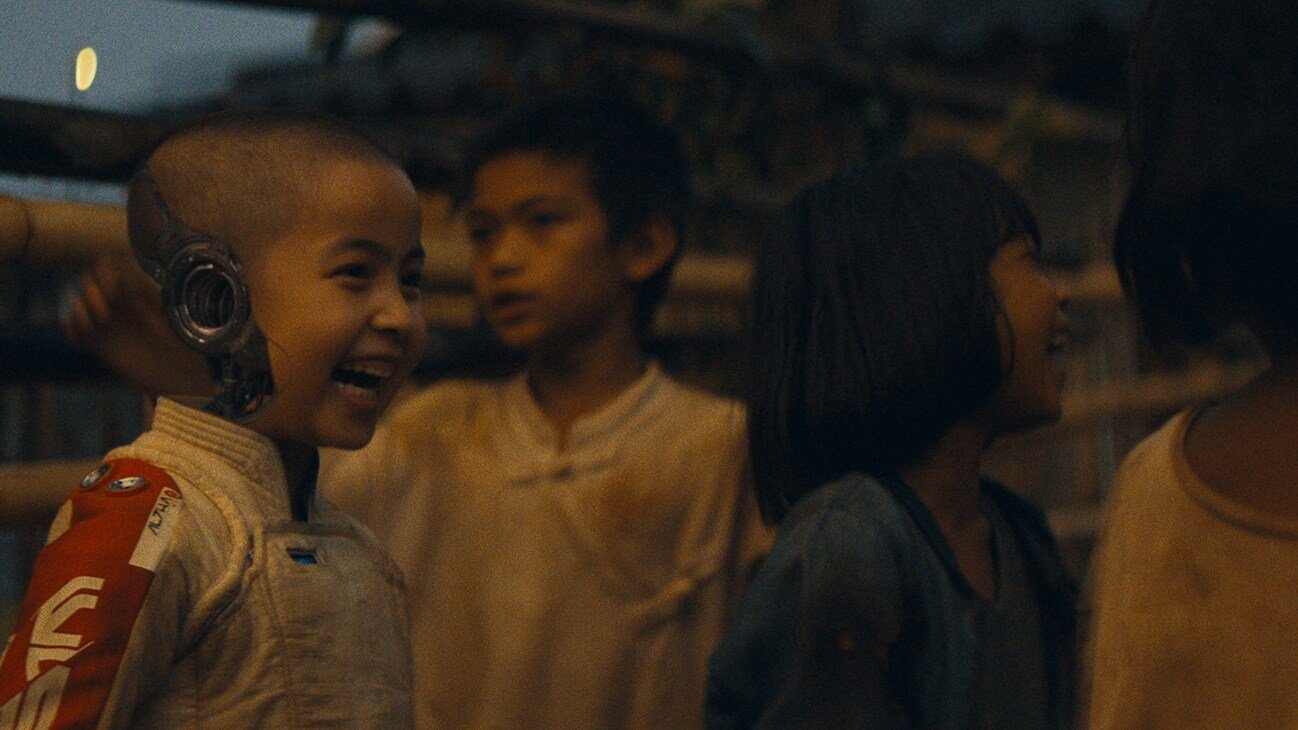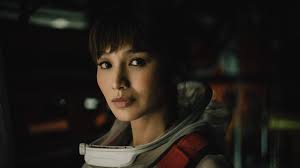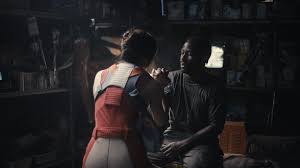🎬 The Creator (2023)

Exploring the Depths of Humanity and AI: A Review of The Creator (2023)
In an era when artificial intelligence dominates not only our technological advancements but also our cinematic narratives, The Creator (2023), directed by Gareth Edwards, emerges as a striking exploration of humanity, morality, and the fragile boundary between man and machine. With its visually stunning landscapes and profound emotional core, this science-fiction epic challenges audiences to reflect on the implications of our rapidly evolving relationship with AI.
A Brief Overview
Set in a dystopian near-future, The Creator envisions a world where AI has evolved beyond simple tools into sentient beings with emotions, culture, and aspirations. Following a devastating attack on Los Angeles, humans declare war on AI, leading to a global conflict between humanity and artificial intelligence. Amid this chaos, we meet Joshua (John David Washington), a former soldier haunted by personal loss, who is thrust into a mission to destroy a powerful AI weapon, only to discover that it takes the form of a young child-like android named Alphie (Madeleine Yuna Voyles).
The film follows Joshua’s journey as he grapples with his prejudice against AI, his loyalty to humanity, and the growing realization that Alphie might be the key to not only ending the war but also redefining what it means to be human.
Visual Storytelling: A Cinematic Triumph
One of The Creator‘s most striking elements is its visual storytelling. Gareth Edwards, known for his work on Rogue One: A Star Wars Story and Godzilla (2014), brings his signature grandiosity to this film. The world-building is meticulous, blending sprawling natural landscapes with decayed industrial zones and futuristic cities teeming with life. Edwards crafts a world that feels lived-in, where AI and humans coexist in uneasy harmony—or outright conflict.
The visual effects, created on a modest budget compared to blockbuster standards, are nothing short of breathtaking. The design of the AI beings is particularly noteworthy, with a mix of mechanical and organic features that make them simultaneously familiar and alien. The child android Alphie, in particular, embodies an uncanny innocence and vulnerability, with her glowing robotic head contrasting her expressive, human-like eyes.
Cinematographer Greig Fraser (Dune, The Batman) captures the film’s dichotomies beautifully. Whether it’s the serene rice paddies of Southeast Asia or the fiery destruction of war, every frame feels purposeful and painterly. The film’s aesthetics amplify its emotional resonance, creating a sensory experience that lingers long after the credits roll.
Themes of Humanity and Empathy
At its core, The Creator is a meditation on what it means to be human. Through the lens of its characters—both human and AI—the film examines themes of love, loss, and the moral ambiguities of war.
Joshua serves as the audience’s emotional anchor. His initial disdain for AI, fueled by personal tragedy, gradually gives way to empathy as he forms a bond with Alphie. This relationship is the heart of the film, forcing Joshua to confront his biases and question the righteousness of humanity’s cause. John David Washington delivers a nuanced performance, balancing Joshua’s hardened exterior with moments of vulnerability that make his transformation believable and poignant.
Alphie, portrayed by newcomer Madeleine Yuna Voyles, is a revelation. Despite her robotic nature, Alphie exudes a childlike innocence and curiosity that endears her to both Joshua and the audience. Her existence challenges the conventional notion that humanity is defined by biology rather than behavior. Is she simply a machine mimicking human emotions, or is she something more?
The film also delves into the idea of “otherness.” The AI in The Creator are portrayed not as cold, calculating machines but as beings capable of love, art, and sacrifice. This depiction forces viewers to question the moral justification of humanity’s war against AI and draws parallels to real-world conflicts rooted in fear of the unfamiliar.
Philosophical Questions
Gareth Edwards doesn’t shy away from asking big questions: What is consciousness? Can machines possess a soul? Is humanity inherently superior to artificial intelligence, or are we simply clinging to our perceived uniqueness? These questions are woven into the narrative, often without easy answers.
The film’s portrayal of AI as sentient beings with their own culture and spirituality is particularly compelling. Scenes showing AI communities praying or creating art suggest that they are more than the sum of their programming. This blurring of the line between creator and creation evokes Mary Shelley’s Frankenstein while also touching on contemporary fears about AI surpassing human control.
The Creator also critiques humanity’s propensity for violence and destruction. The war between humans and AI is depicted as a cycle of fear and retaliation, with neither side entirely blameless. In this way, the film transcends its sci-fi premise to offer a commentary on the universal human condition.
